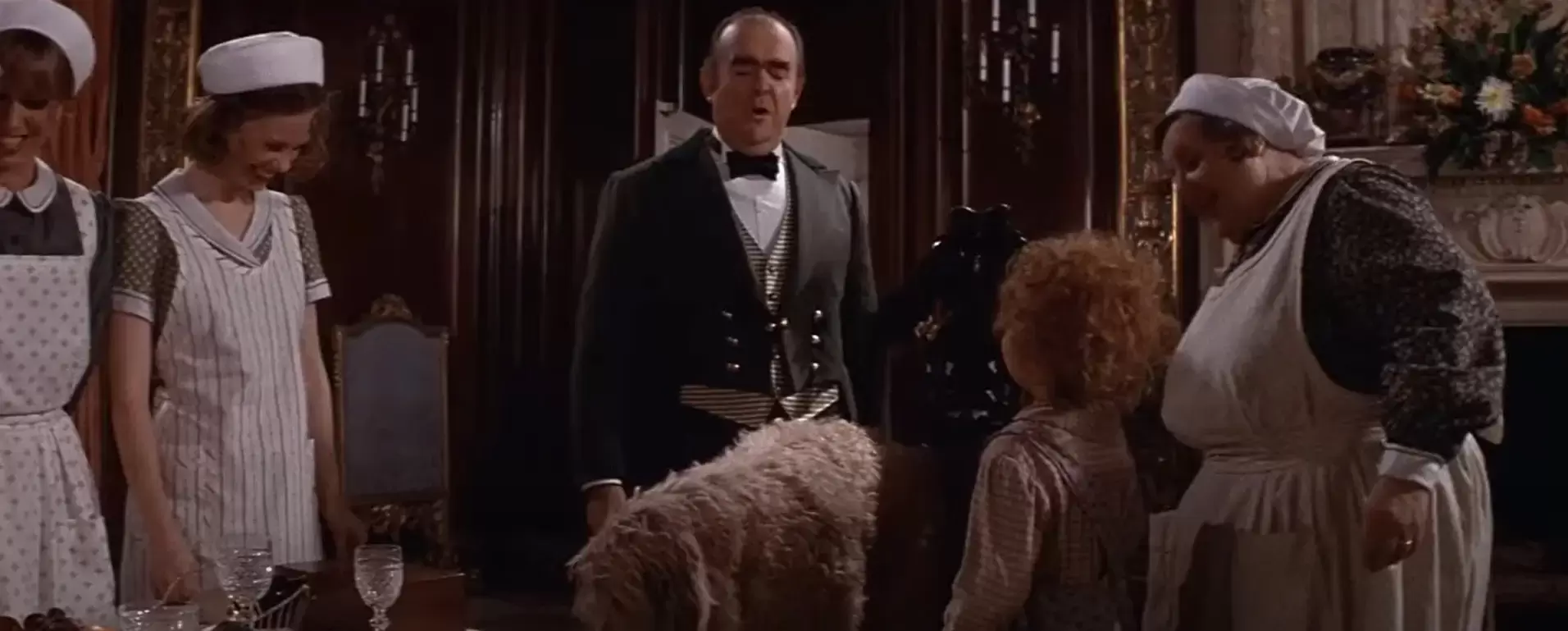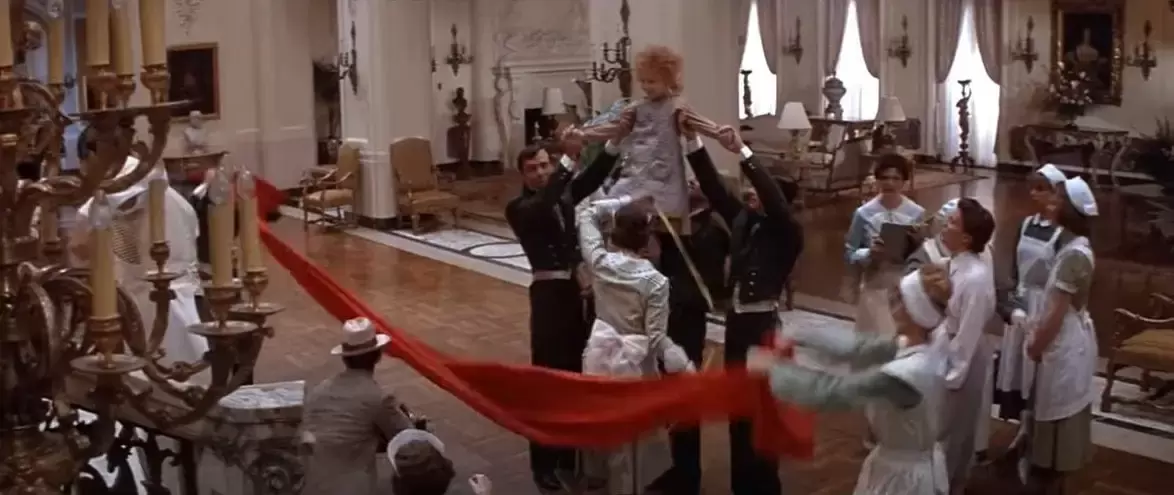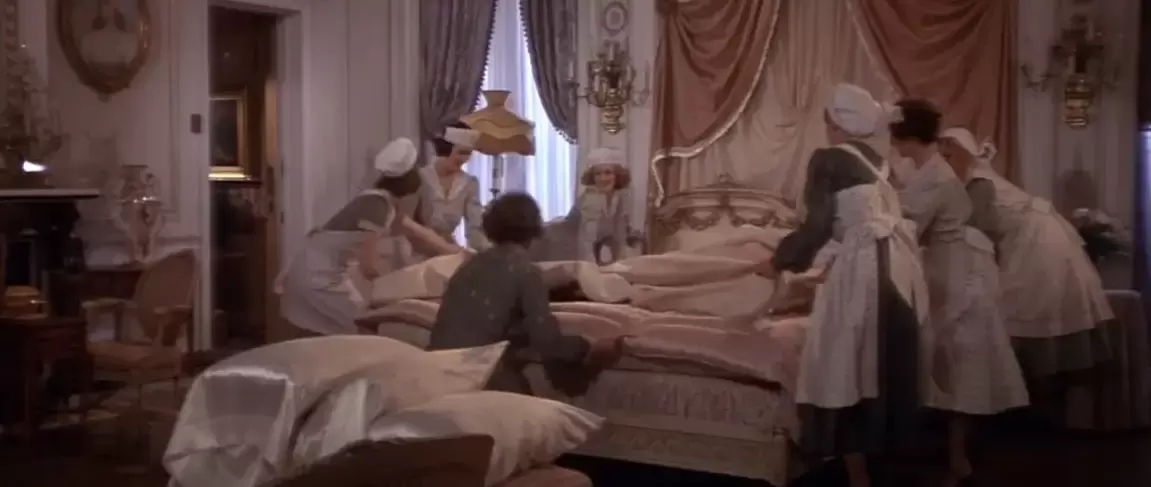How many domestic staffing workers is enough?
Over the years, I've been asked about what constitutes "good service" in a home. Well, in a nutshell, it's almost impossible to answer that because it's different for every employer. Domestic staffing agents can debate the subject for hours and never come to an understanding.
One of the problems in the private service industry is that agents, candidates and employers all have their own ideas about processes and protocols inside of estates, mansions and manors when it comes to domestic staff.
One of the problems in the private service industry is that agents, candidates and employers all have their own ideas about processes and protocols inside of estates, mansions and manors when it comes to domestic staff.
What level of service do you want and need in your home?
The first question to address would be to ask an employer about the expected service level they want. Some employers want their estate run like a 5-star hotel, which is why so many domestic staffing workers come from the hospitality industry. Former luxury hotel workers know the protocol and also have a "service heart."
In the movie Annie, billionaire Daddy Warbucks had a very robust staff in his mega-mansion; and because he did a lot of entertaining at his home and wanted a high level of service, there were many domestic staffing workers. Each person had a very specific job, as colorfully illustrated in the video.
In the movie Annie, billionaire Daddy Warbucks had a very robust staff in his mega-mansion; and because he did a lot of entertaining at his home and wanted a high level of service, there were many domestic staffing workers. Each person had a very specific job, as colorfully illustrated in the video.
While the dancing domestic staff in the video is a bit of a parody, the very high level of service does exist in some estates of billionaires. I have personally been in such mega-estates.
A high level of service in estates comes at a hefty price
More and more high-net-worth employers are turning to a hospitality model with regard to service in their homes, and that is also true with budgeting. Just like running any business or hotel, there is a budget that's followed. The unfortunate part, though, is the very big difference between how much money an employer actually has to spend and how much they are actually willing to spend.
I can't tell you how many billionaires I've spoken with over the years who want the very best staff, but they just aren't willing to spend to get it. I regularly get calls from ultra-high net worth employers who want the level of service that you'd get in The White House, but they literally don't even want to pay half of what it would cost to get that level of service. It's shocking. A very experienced butler, for example, might be in the $150,000 a year range, and many billionaires don't want to spend even half that, so I have to politely turn them down.
A very high level of service often means a loss of privacy
 Too many staff means loss of privacy
Too many staff means loss of privacy
Believe it or not, I've met high-net-worth employers that "hide" from their staff. They have a favorite room in their estate that they spend a lot of time in -- away from all of the domestic workers.
There is a big price to pay when you live in a large home because you need nannies, butlers, chefs, gardeners, engineers, and personal assistants to take care of it all. Some mega-mansions can become so large that they need 600 staff members just to keep it going, like the billion-dollar home in India.
The polar opposite would be a "ghost staff," which means that the employer doesn't expect such a high level of service and they enjoy privacy, so they don't want butlers or over servants hanging around to wait on them hand and foot.
There is a big price to pay when you live in a large home because you need nannies, butlers, chefs, gardeners, engineers, and personal assistants to take care of it all. Some mega-mansions can become so large that they need 600 staff members just to keep it going, like the billion-dollar home in India.
The polar opposite would be a "ghost staff," which means that the employer doesn't expect such a high level of service and they enjoy privacy, so they don't want butlers or over servants hanging around to wait on them hand and foot.
Employers decide on the level of formality as well
After an employer decides the level of service and the number of domestic staffing workers, then they must also choose the level of formality. Many "new money" families in the United States, for example, don't like the level of formality that some billionaires in Europe have.
In such cases, some employers won't have staff wearing tuxedos or even have a butler. Instead, personal assistants and house managers are employed. And, on that note, job titles are hotly debated in the domestic staffing industry as well. No five people can agree on the job description of an estate manager, house manager, personal assistant or chief of staff. Go figure.




